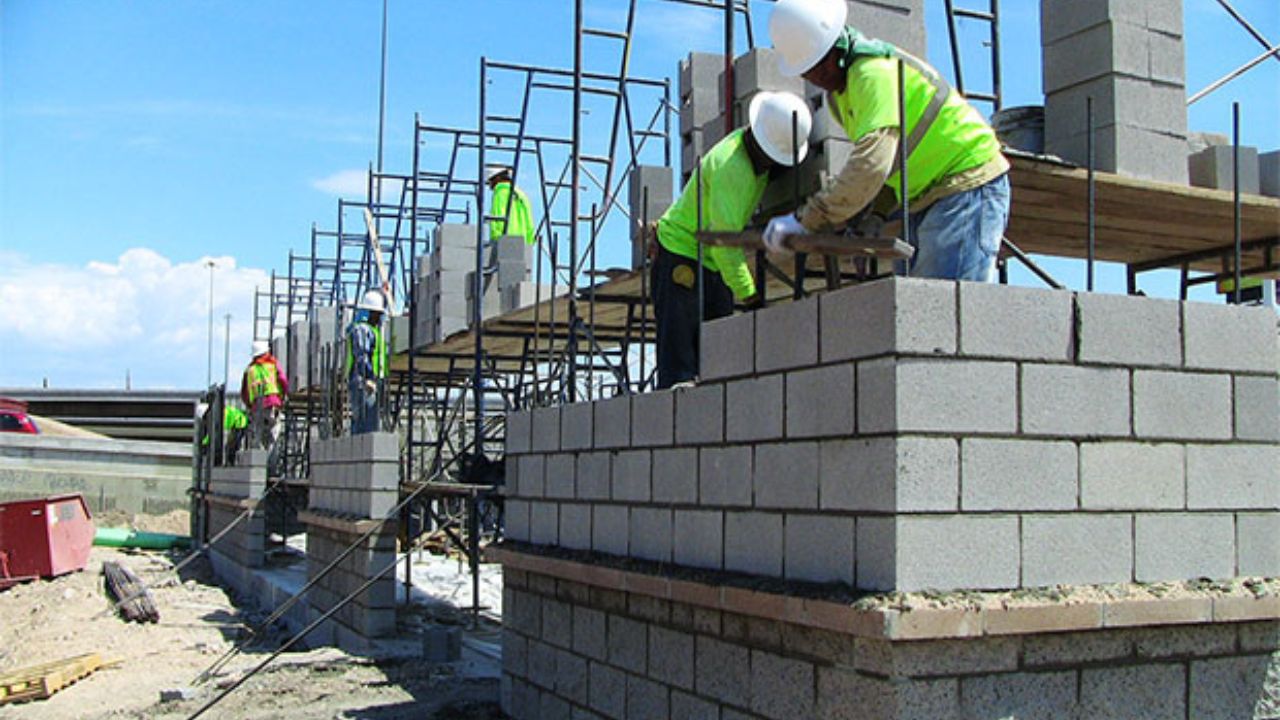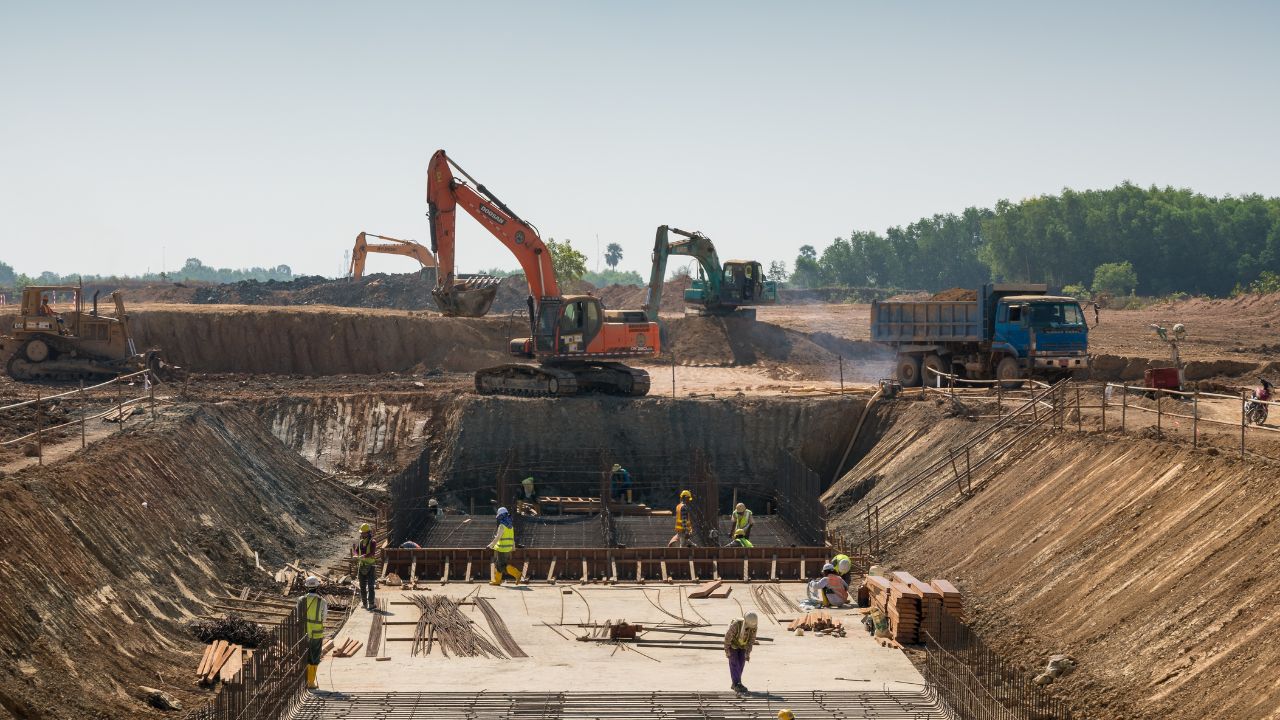- Homepage
- Tender vs Bid in Construction: Key Differences
Tender vs Bid in Construction: Key Differences
Leading provider of tender vs bid in construction services.
Understanding the difference between a tender and a bid in construction is essential for contractors, subcontractors, developers, project owners, and anyone involved in the building industry. Although these two terms are often used interchangeably, they represent two different parts of the project procurement process. Knowing how each step works — and what responsibilities fall on the contractor or the project owner — helps prevent misunderstandings, improves project planning, and increases the chances of successfully winning contracts.
In Florida’s fast-growing construction market, clarity in these processes is even more important. Whether you’re estimating a residential project, a commercial build, or a complex infrastructure job, understanding how tenders and bids function will directly impact your project costs, timelines, compliance, and workflow.

This detailed guide from Estimate Florida Consulting explains the key differences, the purpose of each stage, how they impact contractors, and why both steps are crucial for transparent and competitive procurement.
What Is a Tender in Construction?
A tender in construction refers to the formal process where a project owner invites contractors to submit proposals for a specific project. It is an official way of announcing that a project is open for competitive pricing and participation. A tender includes all the information contractors need to prepare a cost estimate, schedule, and work plan.
A tender is not the bid itself — it is the invitation. It provides detailed instructions, expectations, and project specifications.
A construction tender typically includes:
- Full architectural drawings and technical specifications
- Structural, MEP, civil, and site work details
- Materials and quality standards
- Safety and regulatory requirements
- Project deadlines and milestones
- Evaluation criteria
- Contract conditions
- Scope of work for each trade
Once the tender is released, contractors analyze every detail carefully to prepare accurate takeoffs, material lists, labor hours, and cost breakdowns. The better the tender documents, the more precise and competitive the bids become.
In simple terms:
Tender = Invitation to participate
Tender = Project information + rules + expectations
Get High-Quality 3D Rendering Services Today!
Transform your space with stunning 3D Rendering that blends style, comfort, and functionality.
We Specialize in Both Residential and Commercial 3D Rendering Projects.
- Luxury Villas
- Apartment Complexes
- Modular Kitchens
- Bathrooms
- Office Buildings
- Shopping Malls
- Hospitals
- Hotels & Resorts
What Is a Bid in Construction?
A bid is the contractor’s response to the tender. It is the formal proposal submitted to win the project. The bid must follow the instructions given in the tender documents and include all pricing, materials, timelines, labor requirements, markups, and terms requested by the project owner.
A bid typically includes:
- Detailed cost estimate
- Quantity takeoffs
- Material prices and labor rates
- Equipment and transportation costs
- Subcontractor quotes
- Schedule of work
- Risk management costs
- Overheads, contingencies, and profit margin
- Clarifications or exclusions
The bid is the competitive offer — contractors submit it to win the job by demonstrating that they can deliver the project safely, on time, and within the client’s budget.
In simple terms:
Bid = Contractor’s offer
Bid = Pricing + schedule + method + qualifications
Tender vs Bid: Key Differences Explained Clearly
Understanding the difference between tender and bid helps you avoid confusion during the procurement and estimation process. Here is the clear comparison:
1. Who Initiates the Process?
- Tender: Started by the project owner or developer.
- Bid: Prepared and submitted by the contractor.
2. Purpose
- Tender: Invites qualified contractors to compete for a project.
- Bid: Provides pricing and methodology to win that project.
3. Content Included
- Tender: Project details, drawings, scope, rules, and requirements.
- Bid: Cost estimate, work plan, schedule, and conditions from the contractor.
4. Level of Detail
- Tender: Defines what needs to be built.
- Bid: Defines how the contractor will build it and for how much.

5. Decision Maker
- Tender: Issued by owner.
- Bid: Evaluated by owner to select the winning contractor.
6. Outcome
- Tender: Starts the competition.
- Bid: Ends the competition by selecting the best value offer.
Why Are Both Tender and Bid Important in Construction?
Both steps play a critical role in ensuring transparency, cost accuracy, and fairness in the construction industry.
Tender ensures:
- Clear expectations
- Standardized documents
- Fair competition
- Well-defined scopes
- Reduced disputes later
Bid ensures:
- Accurate project pricing
- Competitive offers
- Proper resource planning
- Proof of contractor capability
- Budget control
Together, they create a structured procurement system that benefits both owners and contractors.
90% More Chances to Win Bids with Our Estimate!
Tendering Process: Step-by-Step
The tendering process is systematic and involves multiple stages to ensure full transparency.
- Project planning and documentation
- Release of tender documents
- Pre-bid meeting or site visit
- Contractor clarification period
- Submission deadline for bids
- Owner evaluation and comparison
- Contract award
- Contract signing and project mobilization
Each step requires accuracy and professionalism, especially when preparing estimates and takeoffs.
Bidding Process: Step-by-Step
The bidding process requires strategy, cost analysis, and experience. Contractors must be precise to avoid losses.
- Review tender documents thoroughly
- Perform construction takeoffs
- Gather material and labor costs
- Request subcontractor quotes
- Estimate overhead, contingencies, and profit
- Complete bid forms
- Submit bid before deadline
- Answer owner clarifications
- Negotiate if shortlisted
- Sign contract if awarded
This process requires deep knowledge of cost estimating and construction workflows — something Estimate Florida Consulting specializes in.
Types of Tenders in Construction
There are several tender formats depending on the owner’s needs and project requirements:
1. Open Tender
Anyone meeting the qualification criteria can participate.
2. Selective Tender
Only pre-qualified or shortlisted contractors are invited.
3. Negotiated Tender
Negotiations occur with one or a few selected contractors.
4. Reverse Auction Tender
Contractors lower their price via an online system until a winner emerges.
Each type requires a different bidding approach and cost strategy.

Types of Bids in Construction
Contractors submit different types of bids based on the tender structure:
1. Lump-Sum (Fixed Price) Bid
One total price for the entire project.
2. Unit Price Bid
Prices are based on quantities and unit rates.
3. Cost-Plus Bid
Owner pays actual cost + contractor profit.
4. Guaranteed Maximum Price (GMP) Bid
Contractor takes responsibility for all costs above the fixed limit.
Choosing the right bidding strategy protects the contractor from risk and increases the chances of winning.
Which Is More Important — Tender or Bid?
Both are equally important, but for different reasons:
- The tender shapes the project.
- The bid determines who will build it.
Without a proper tender, contractors cannot prepare an accurate bid.
Without a bid, the owner cannot select a qualified contractor.
Why Contractors in Florida Must Understand the Difference?
Florida’s construction industry is fast-paced, competitive, and highly regulated. Misinterpreting tenders or poorly preparing bids can lead to:
- Loss of project opportunities
- Underbidding or overbidding
- Contract disputes
- Cost overruns
- Legal and compliance issues
A strong understanding of both helps contractors increase win rates, manage risks, and maintain profitability.
Get 5 New Projects in the Next 7 Days With Our System
How Estimate Florida Consulting Helps?
Estimate Florida Consulting supports contractors by providing:
- Accurate quantity takeoffs
- Detailed cost estimates
- Bid preparation assistance
- Construction scheduling
- Material lists with updated Florida prices
- Guidance for tender compliance
- Highly competitive and error-free proposals
Our expertise helps contractors submit stronger, more accurate bids — and win more projects.
Final Thoughts
The construction industry relies heavily on clarity, competition, and transparency. Understanding the difference between a tender and a bid enables contractors to participate confidently in the procurement process. A tender outlines the rules and expectations, while a bid demonstrates the contractor’s capabilities, pricing accuracy, and commitment to the project.
Both stages are essential for successful project delivery. And with expert estimating support from Estimate Florida Consulting, contractors can prepare winning bids backed by precision, professionalism, and Florida-specific construction experience.
Frequently Asked Question
A tender is the official invitation from a project owner inviting contractors to submit proposals, while a bid is the contractor’s formal response with pricing, methods, and timelines to complete the project.
The project owner or developer issues the tender, and the contractor or subcontractor submits the bid in response to that tender.
Knowing the difference helps contractors prepare compliant bids, meet owner expectations, avoid disqualification, and increase the chances of winning contracts — especially in Florida’s competitive construction market.
A tender package typically includes architectural drawings, project specifications, scope of work, safety requirements, evaluation criteria, and contract conditions.
A bid should include a detailed cost estimate, labor and material breakdown, project schedule, equipment costs, and profit margins, following all tender instructions.
Comprehensive Trade-Specific Estimates
At Estimate Florida Consulting, we offer detailed cost estimates across all major trades, ensuring no part of your project is overlooked. From the foundation to the finishing touches, our trade-specific estimates provide you with a complete and accurate breakdown of costs for any type of construction project.
Our Simple Process to Get Your Estimate
Upload Plans
Submit your project plans, blueprints, or relevant documents through our online form or via email.
Receive Quotation
We’ll review your project details and send you a quote based on your scope and requirements.
Confirmation
Confirm the details and finalize any adjustments to ensure the estimate meets your project needs.
Get Estimate
Receive your detailed, trade-specific estimate within 1-2 business days, ready for your project execution.



Our Clients & Partners
We pride ourselves on building strong, lasting relationships with our clients and partners across the construction industry.


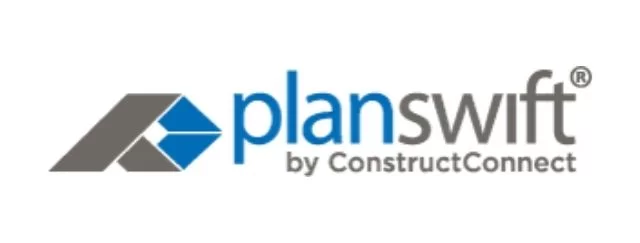
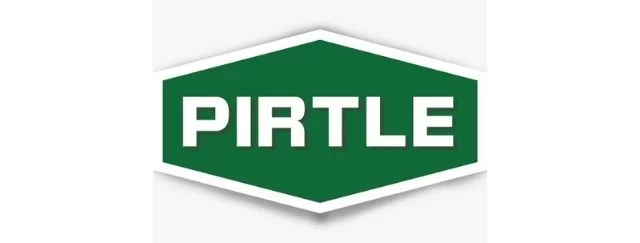

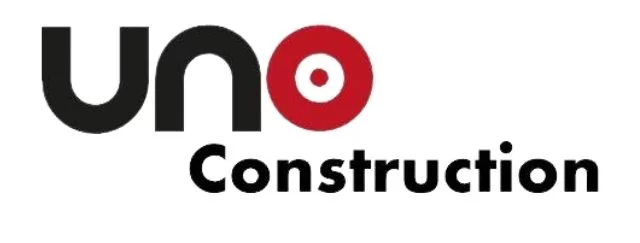
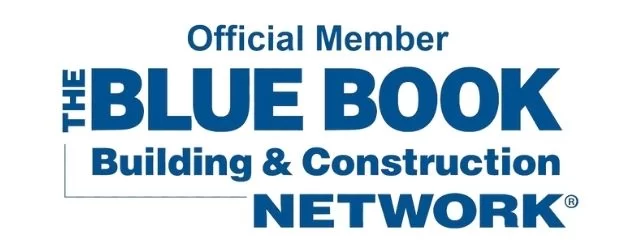




What Our Clients Say?
We take pride in delivering accurate, timely, and reliable estimates that help contractors and builders win more projects. Our clients consistently praise our attention to detail, fast turnaround times, and the positive impact our estimates have on their businesses.
Estimate Florida Consulting has helped us win more bids with their fast and accurate estimates. We trust them for every project!





